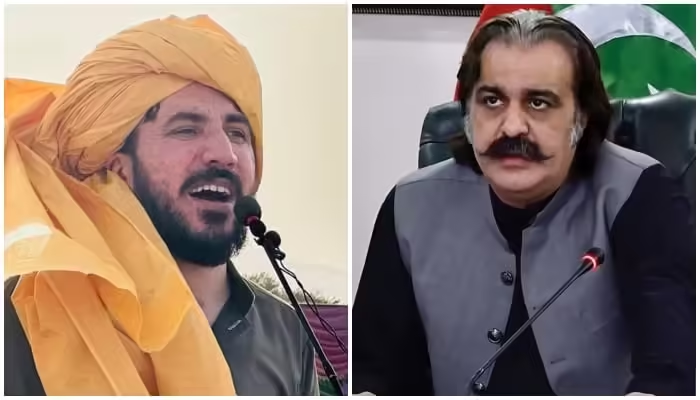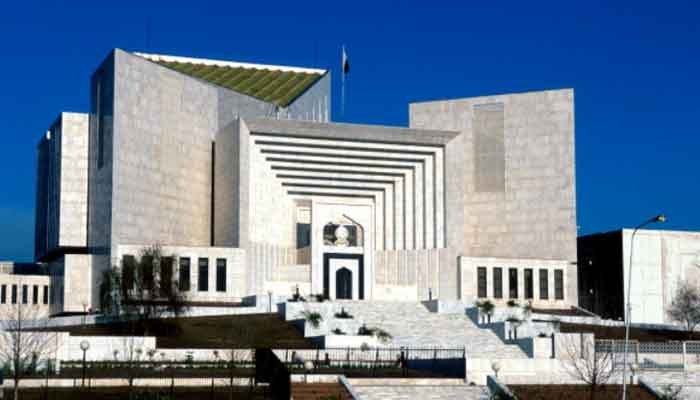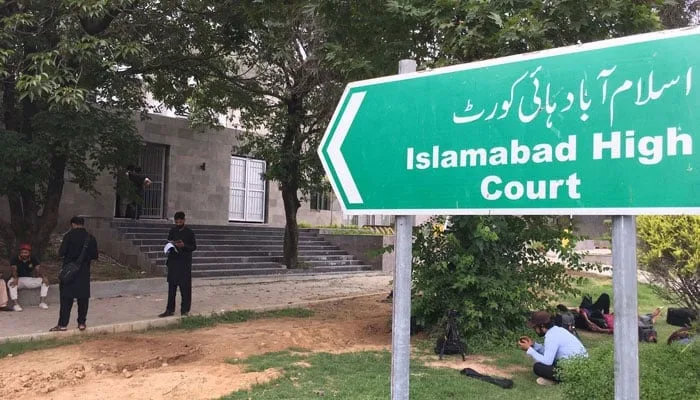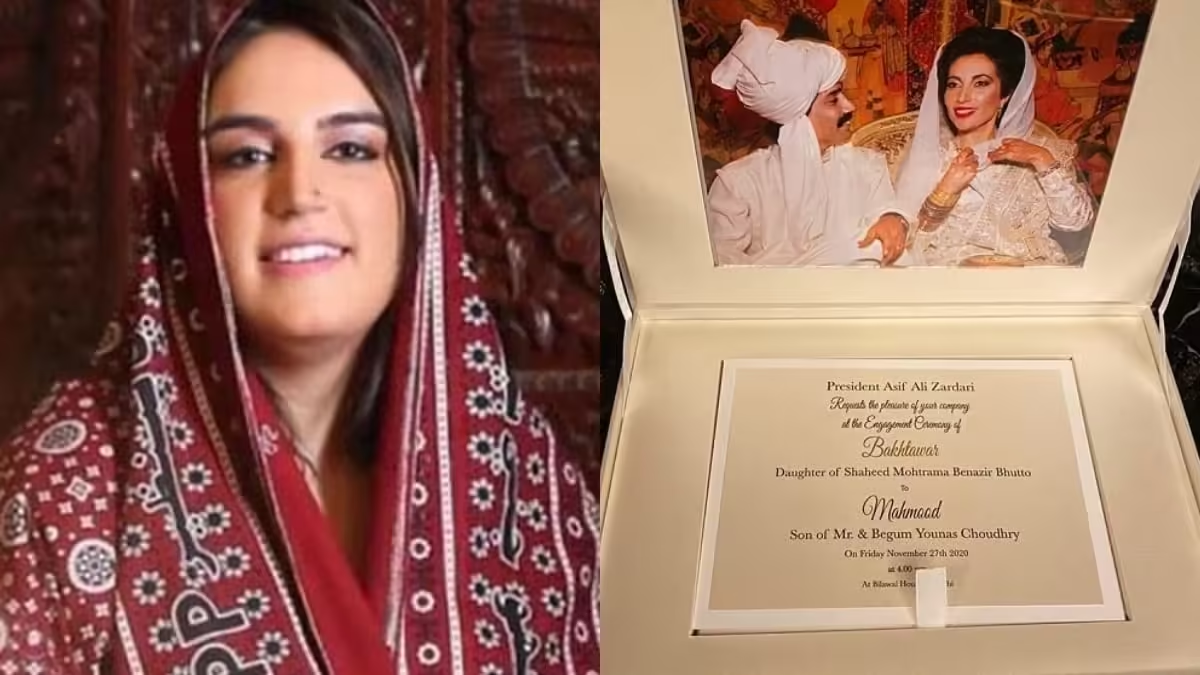In a significant development aimed at addressing the issues of the Pashtun community, the leader of the Pashtun Protection Movement (PTM), Manzoor Pashteen , met with the Minister of Khyber Pakhtunkhwa (KP), Ali Amin Gandapur. During the meeting, Pashteen extended a formal invitation to Gandapur to attend the upcoming Pashtun National Jirga scheduled for October 11.
This meeting highlights the increasing momentum behind the Pashtun National Jirga, a gathering aimed at bringing together representatives from various tribes and schools of thought within the Pashtun community. The event is expected to provide a platform for dialogue and the discussion of critical issues that have long affected the Pashtun people, such as social justice, political representation, and the protection of human rights.
Manzoor Pashteen’s Invitation
Manzoor Pashteen expressed his hope that Ali Amin Gandapur, as a representative of the provincial government, would participate in the Jirga and contribute to its discussions. Pashteen noted that the Chief Minister of Khyber Pakhtunkhwa had already shown willingness for cooperation and had agreed to ensure the government’s representation at the event.
The invitation extended to Gandapur is seen as a significant step in fostering greater unity within the Pashtun community and creating a broader dialogue that includes government officials. Pashteen emphasized that the Pashtun National Jirga is an open forum where representatives from all schools of thought and tribes are welcome to participate, ensuring that diverse perspectives are included in the discussions.
The Importance of the Pashtun National Jirga
The Pashtun National Jirga, also referred to as the Pashtun National Court by Pashteen, is not just a ceremonial gathering. It is a platform aimed at giving voice to the concerns of the Pashtun people, particularly those who have been marginalized or oppressed. The PTM has long advocated for the rights of Pashtuns, drawing attention to issues such as extrajudicial killings, enforced disappearances, and the discrimination faced by the community in certain parts of Pakistan.
According to Manzoor Pashteen, the upcoming Jirga will provide an opportunity for Pashtun tribes and various ideological groups to come together, discuss their concerns, and collectively choose representatives who will speak on behalf of the community. The goal is to build consensus and ensure that the voices of the oppressed are heard.
Pashteen explained that the Jirga will feature separate tents for different tribes and schools of thought, enabling each group to select its own representative. This decentralized approach is designed to ensure that no one tribe or faction dominates the proceedings, and that the voices of all Pashtuns—regardless of their tribal or political affiliations—are respected and included in the decision-making process.
Ali Amin Gandapur’s Role
Ali Amin Gandapur’s participation in the Pashtun National Jirga could signal a willingness on the part of the provincial government to engage with the concerns raised by the PTM and other Pashtun activists. As the Minister of Khyber Pakhtunkhwa, Gandapur holds significant influence in the region and his attendance at the Jirga would likely carry symbolic importance.
The PTM and the Khyber Pakhtunkhwa government have not always seen eye to eye on several key issues, particularly regarding the treatment of Pashtuns in areas affected by military operations. However, the willingness of both sides to engage in dialogue at the Jirga is a positive sign of potential collaboration. By attending the Jirga, Gandapur would have the opportunity to hear the concerns of his constituents directly and work toward solutions that could improve the situation for Pashtuns across the province.
The Broader Significance of the Jirga
The Pashtun National Jirga is more than just a meeting of tribal leaders and government representatives. It represents an important step in the ongoing struggle for Pashtun rights and dignity. For years, Pashtun activists and political leaders have sought to draw attention to the plight of their people, particularly in the Federally Administered Tribal Areas (FATA) and Khyber Pakhtunkhwa.
The Jirga provides a unique opportunity for the community to come together and speak with one voice on issues that affect their everyday lives. Whether it is the lack of political representation, economic development, or the need for greater security and protection of human rights, the Jirga will allow Pashtuns to set their own agenda and demand action from both provincial and national governments.
In addition, the Jirga could serve as a model for other marginalized communities across Pakistan. By bringing together people from different tribes and schools of thought, the Pashtun National Jirga demonstrates the importance of unity and collective action in addressing social and political issues. It shows that even in a diverse and complex society like Pakistan, dialogue and collaboration can lead to meaningful change.
The meeting between Manzoor Pashteen and Ali Amin Gandapur is a hopeful sign of progress toward greater understanding and cooperation between the Pashtun Protection Movement and the provincial government of Khyber Pakhtunkhwa. The Pashtun National Jirga, scheduled for October 11, will be a crucial event that could help address the longstanding grievances of the Pashtun community.
With representatives from various tribes and schools of thought participating, the Jirga is expected to serve as a powerful platform for discussion and decision-making. By inviting Ali Amin Gandapur and other officials, Manzoor Pashteen has made it clear that the Jirga is not just about protest, but about finding solutions through dialogue and unity. As the Jirga approaches, all eyes will be on the outcome and the potential for positive change it could bring for the Pashtun people.



